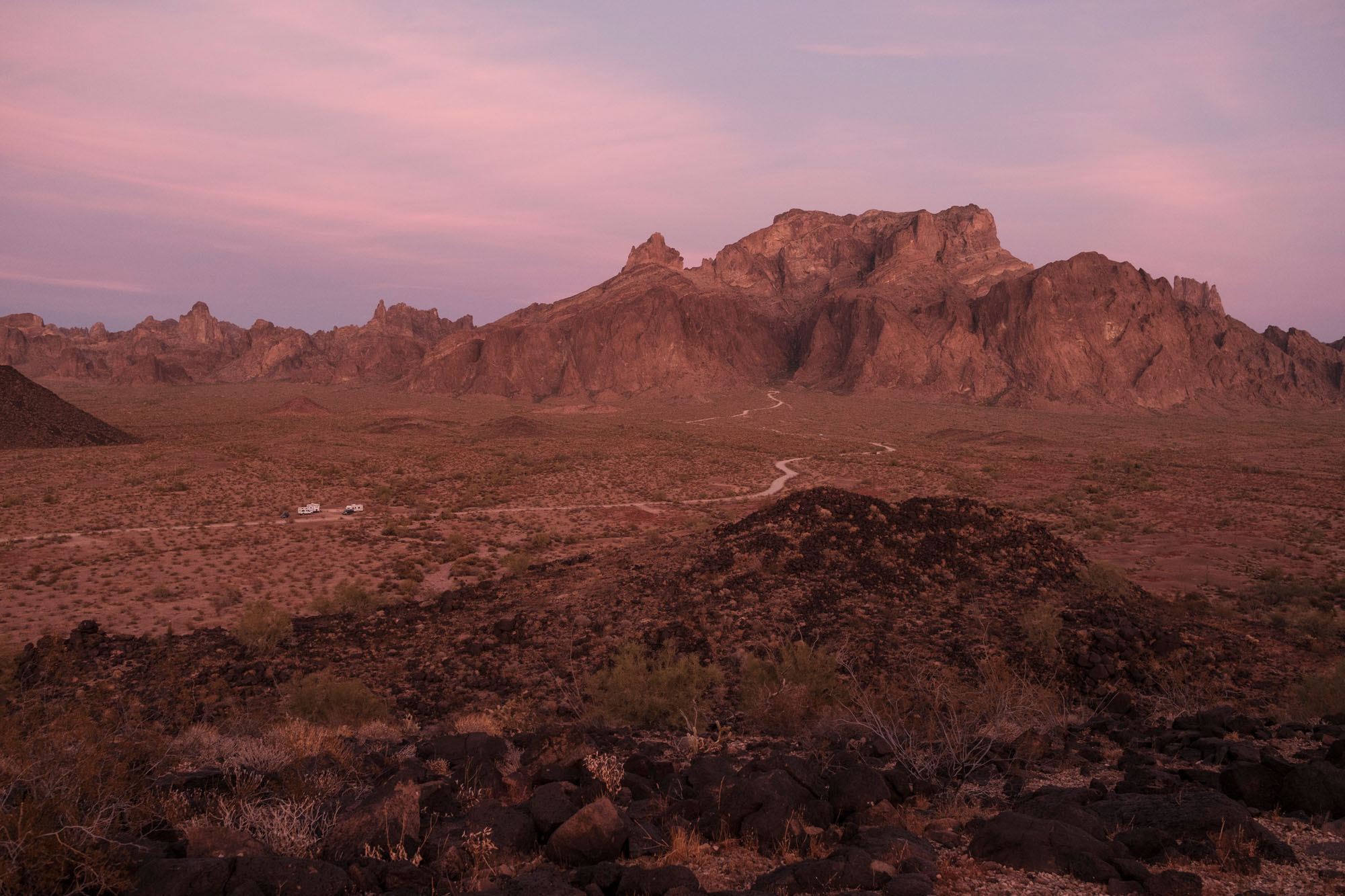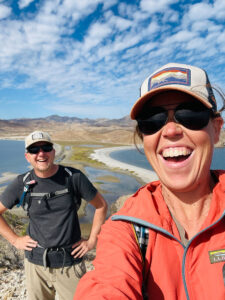Welcome to post 12 of 26 in the A-Z guide to full-time RV Living!
Wild camping on public lands (also known as boondocking and dispersed camping) means there’s no one coming around to clean up after you when you leave. Whatever you do while occupying a piece of land, will be an imprint you leave behind. If you’re not considerate, that imprint could have negative ramifications on the habitat of that area for years to come.
Abusing our public lands not only harms the flora and fauna that inhabit the area but also puts those places at risk of being shut down. Over the years we’ve seen popular places become highly regulated due to overuse or abuse. Sometimes they get shut down entirely.
It is vital to learn responsible camping practices.
1) To not harm the land and its inhabitants.
2) To keep our public lands open and accessible for generations to come.

Consider the following guidelines when camping on public lands:
Be mindful of where you park
Camp in a previously used site or select an area free of vegetation. Avoid parking on and killing vegetation which can lead to soil erosion.
Be respectful of rules and regulations
Signs are often posted in wild camping areas with basic rules such as a 7 day or 14 day camping limit. The regulating agencies of our public lands don’t have the manpower to oversee every single campsite. However, they do have the power to put up a gate or place a few boulders that will permanently shut down an area.
Dispose of waste properly
If your RV does not have a toilet and holding tank, always dig a hole 6-8 inches deep to bury your poop. Dispose of your toilet paper in the trash. Used toilet paper is a common and unsightly source of litter that we come across. It’s not only gross but harmful to both wild and domestic animals.
Don’t feed wildlife
Feeding wild animals is harmful to both the animal and us, for a variety of reasons. From the National Park Service:
“Depending on humans for food is called food conditioning. Food conditioning is dangerous for animals because it can lead to serious consequences like getting sick, starving, or even having to be killed if they become too aggressive. Animals can lose their fear of people when they get used to eating our food. They may beg, steal, or even rip into your backpack or tent if you don’t give it to them. Because they approach you (and because they’re so cute!) people might think the animals are tame like our pets at home, but they are still wild creatures. If the animal feels threatened for any reason, it could bite, kick, charge, or attack you.”
Don’t feed wild animals and also store your food safely and out of reach.
Be a responsible pet owner
Keep your dog on a leash or under voice command to keep you, your dog, and wild animals safe.
Leave nothing behind
Littering is harmful to wild animals & pets. It also takes away from the experience for future campers and can lead to the closure of a camping area. Take all your trash and leftover food with you when you leave.
Always practice fire safety
Hailing from Colorado, we are no strangers to wildfire danger. Campfires in high-risk areas are out of the question for us but we come across people making risky or uneducated choices regarding fire all the time. This could not only land you in jail or with a hefty fine, it has the potential to start a fire that can quickly become uncontrollable. Ultimately ending in the destruction of lives and homes.
The National Forest service recommends the following:
- Keep fires small.
- If you have to collect firewood at your campsite, collect dead and down wood only.
- Check at the local ranger station for current fire restrictions, which can change on a daily, sometimes hourly, basis.
- Use existing fire rings. Scrape away litter and any other burnable material within a 10-foot-diameter surrounding the ring.
- Make sure all wood fits inside the fire ring. Do not feed a large log into the fire ring.
- Have a shovel, axe, and bucket of water available before lighting your campfire.
- Never leave a campfire unattended, even for a few minutes or even if there are no flames present. Many wildfires start because of abandoned fires or because someone thought a fire was out.
- Put out a campfire by slowly pouring water onto the fire and stirring with a shovel. Continue adding and stirring until all material is cool to touch.
- Do not bury your fire. The coals can smolder and re-ignite.
We’ve grown to enjoy the outdoors without a fire. On the rare occasion that we do have a fire, it is when the risk is low, meaning there is no wind and the ground and vegetation isn’t bone dry. A pro for skipping a fire: the star-gazing is that much better.
We try to be good stewards of the land anywhere we camp because we know our actions impact the land and animals as well as our fellow campers. Before you set out to use public lands for your enjoyment, learn about how you can do that in the most responsible way. To dive deeper into how to enjoy nature while protecting the environment, check out the 7 principles created by the Leave No Trace organization.



Great post! We follow these tenets and get so tired of those who leave trash and destroy natural resources. Unfortunately, it is so common. Hard to understand the mentality.
I totally agree.
I’ll confess I don’t always do it, but urine, if also buried a bit, will be broken down more quickly and not leave the area with that characteristic acetic acid smell.